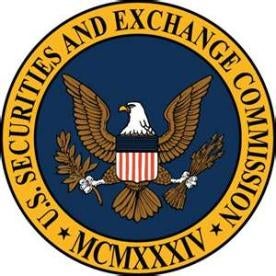On August 4, the Securities and Exchange Commission’s Office of Investor Education and Advocacy issued an Investor Alert to assist investors in identifying potentially fraudulent private placements. In the Alert, the Office of Investor Education and Advocacy warned investors to be cognizant of common signs of potential fraud when considering investing in an unregistered offering, including:
-
claims of high returns with minimal risks;
-
securities being offered by unregistered investment professionals;
-
aggressive sales tactics, including those that create a false sense of urgency on behalf of the investor;
-
“sloppy offering documents” or the absence of any offering documents;
-
offerings that do not request investors’ net worth, which is required information for many types of private securities offerings;
-
offerings in which no person other than the sales person seems to be involved;
-
issuers of securities that have offices or mailing addresses in states in which they have no legitimate business operations;
-
failure of the issuer to be in good standing in its state of incorporation or formation;
-
unsolicited investment offers; and
-
suspicious or unverifiable biographies of managers or promoters.
The Office of Investor Education and Advocacy also advised prospective investors in private placements to take the following steps to protect themselves:
-
check the background of the investment professional proposing the investment, either via the Investment Adviser Public Disclosure website or Financial Industry Regulatory Authority, Inc.’s BrokerCheck website;
-
understand the investment and the business strategy;
-
beware of con-artists using high-pressure sales tactics; and
-
ask questions about the promoter and the investment, making sure to obtain clear answers—including through researching unbiased resources—before making an investment.
Issuers and their agents should consider the guidance set forth in the Alert when undertaking private offerings of securities in order to avoid raising investor concerns.
Read more from the SEC.




 />i
/>i

